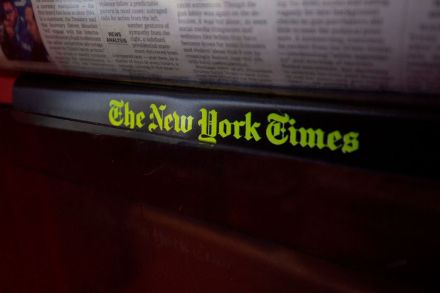T.S. Eliot goes to Glastonbury
In Competition No. 3157 you were invited to describe a visit to Glastonbury or Glyndebourne in the style of an author of your choice. Highlights in an especially hotly contested week — oh, for more space! — were Timothy Clegg’s John Masefield, R.M. Goddard’s John Cooper Clarke, John Mounsey’s Evelyn Waugh, Hugh King’s Edward Gibbon, Anthony Bevan’s Rev. James Woodforde, Anthony Whitehead’s Martin Amis, C. Paul Evans’s Wordsworth, Nicholas W.S. Cranfield’s Samuel Pepys and several admirable Austens. Over to the winners, printed below, who are rewarded with £25 each. Oh, she said, her pale iris half-open, squinting at the Main Stage. Indeed, she found she had been shivering, despite the





















